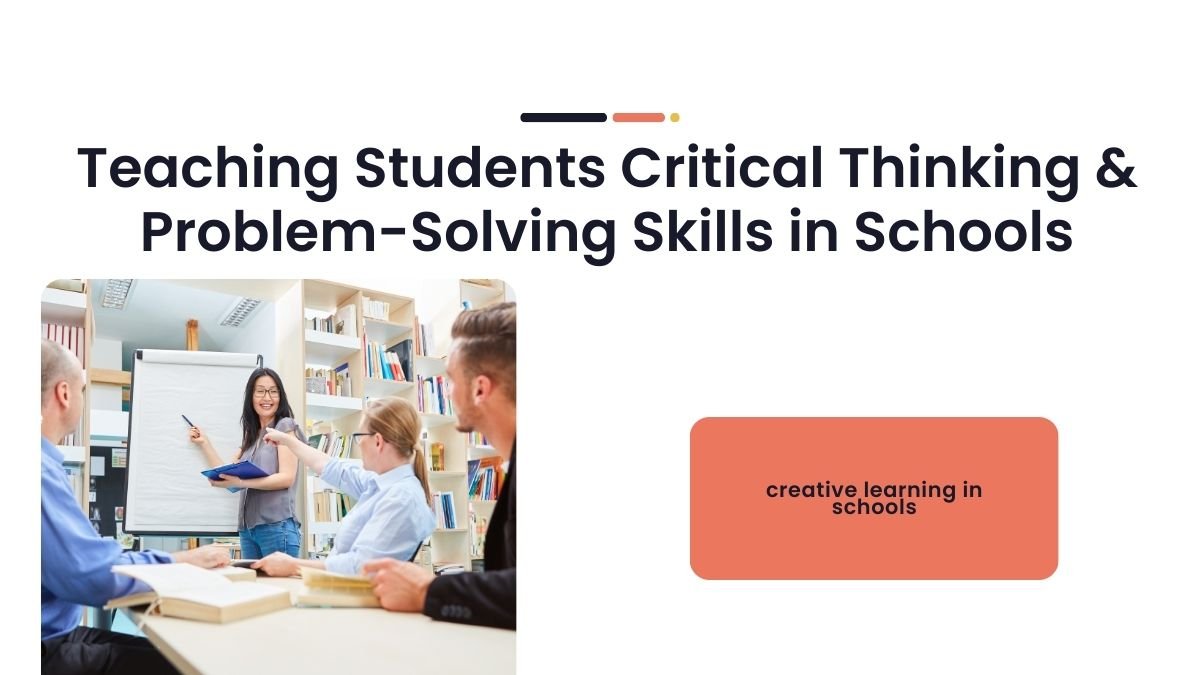How to Choose the Right B.Ed College? – Step by Step Guide
Fulfilling a B.Ed (Bachelor of Education) is the dream of almost every student who wants to become a teacher. But the real question is which college to choose?
Because nowadays B.Ed degree can be obtained from many places – private colleges, government colleges, distance mode or directly from the university. But the quality of every college is not the same. If you choose the wrong college, both your hard work and money can go waste.
That is why while choosing a college, one must pay attention to some important points. Let us understand them in detail.
1. NCTE Approval & Affiliation
The first and most important step is to see whether the college is approved by NCTE (National Council for Teacher Education) or not.
Why is it important?
If the college is not approved by NCTE, then your degree will not be valid. This means that you will neither be able to get a government job nor work in many private institutions.
University Affiliation
The college should be affiliated to a recognized university. Only then your degree will be valid.
Example: Suppose you did B.Ed from a local college which is not approved by NCTE. Later when you fill the form for CTET or any government teacher recruitment exam, your degree will be rejected.
2. Faculty Profile
The quality of education depends a lot on who is teaching you.
- See how experienced the faculty is.
- Is their teaching method modern or is it limited to teaching books only?
- Their educational qualification and research work are also important.
Example: If there are professors in the faculty who have done research on educational psychology or teaching methods, then you will get deep and practical knowledge from them.
3. Curriculum & Practical Exposure
A good B.Ed college is one that gives you not only bookish knowledge but also practical experience.
- The curriculum should have a balance of both theoretical and practical.
- Does the college offer opportunities for school internships, classroom teaching practice and lesson planning?
- Are there workshops, seminars and training camps?
Example: A college where students are given 2 months of practical training in a school, it is easier for the students who pass out from there to get a job because they have real experience.
4. Infrastructure & Facilities
The structure of the college also matters a lot.
- Are the classrooms clean and equipped with technical facilities (such as projectors, smart boards)?
- Are there enough books, journals and online resources in the library or not?
- Are there laboratories for Psychology and ICT (Information & Communication Technology)?
Example: If the college has an ICT lab, you will get a chance to learn how to modernize studies using PowerPoint, digital tools and smart classes.
5. Placement & Career Support
Many students think that after doing B.Ed, they will get a job automatically. But the reality is that the placement cell of the college helps a lot.
- See if the college has a placement cell or not.
- Does it guide students in preparing for exams like CTET, TET?
- Have students of the previous batch got jobs in good schools?
Example: If a college has a tie-up with reputed public schools or government projects, then it becomes easier to get a job from there.
6. Cost of Attendance
Estimate the total cost, not just the fees.
- Tuition Fees
- Hostel/PG Rent
- Travel Expenses
- Books and Study Material
Example: Suppose the fees of a college is 60,000 per year but including hostel and other expenses, it can reach up to 1,00,000. So do not decide only by looking at the fees.
7. Alumni Network
A good college is also identified by its alumni.
- Try to talk to the students who have passed out from that college.
- Ask them what kind of experience they got during their studies and how much help they got in placement.
Example: If the alumni of the college are working in reputed schools or government posts today, then it is a proof of the quality of that college.
8. Competitive Exam Support
In today’s time, only a B.Ed degree is not enough. To become a government teacher, one has to pass CTET, UPTET or other state level exams.
- See if the college offers special classes or coaching support to prepare for these exams.
- Are there mock tests, practice papers and guidance sessions?
9. Reputation of the college
The name and reputation of the college also matter.
- Look at the college results, reputation of the faculty and achievements of previous years.
- You can also check online reviews and rankings.
Conclusion
Choosing the right B.Ed college is as important as choosing the right course. If the college is NCTE approved and affiliated to a good university, has experienced faculty and balanced curriculum, has adequate practical exposure, infrastructure and placement support, then understand that you have chosen the right college.
Remember – it is not just a question of getting a degree, but a question of your future and your foundation as a teacher.









